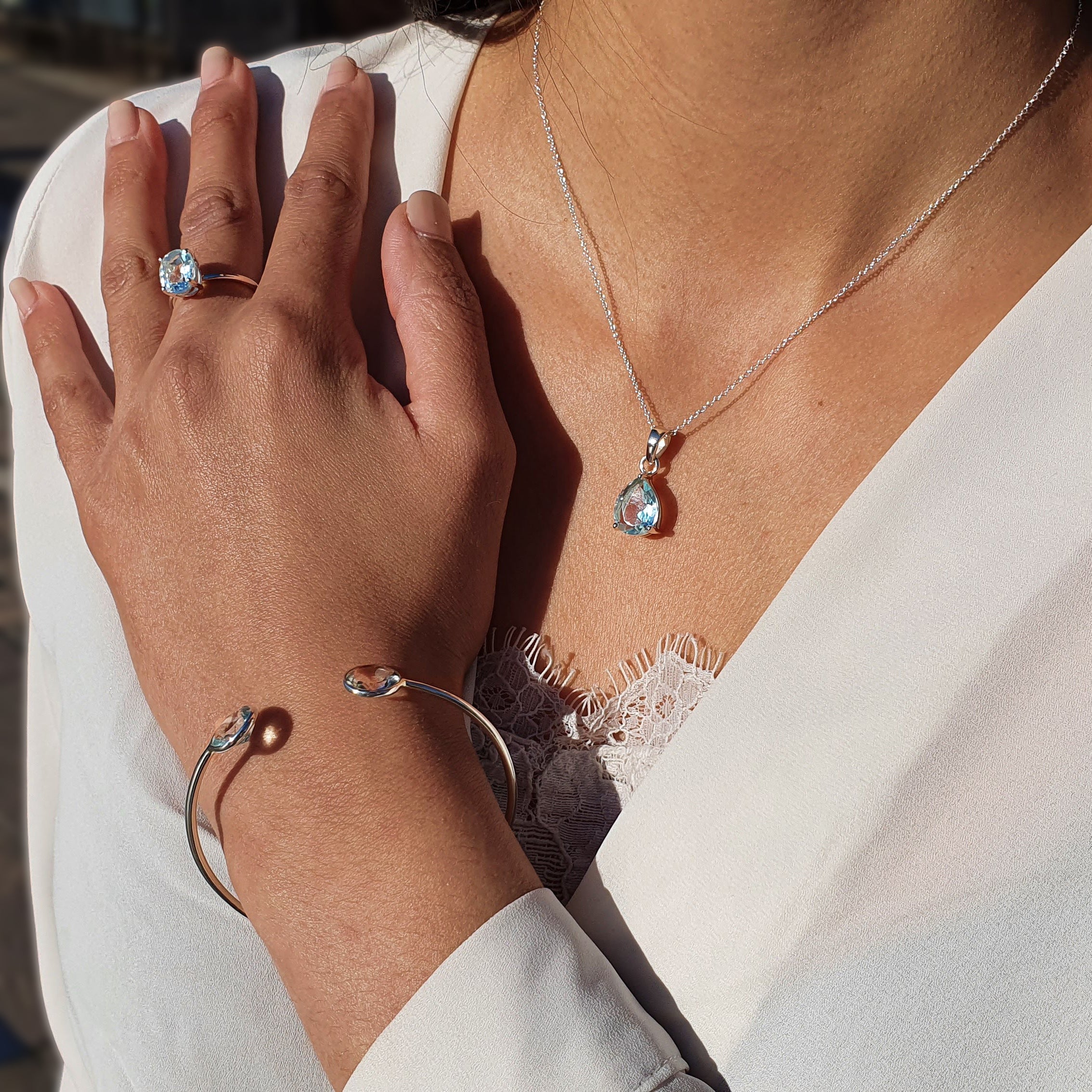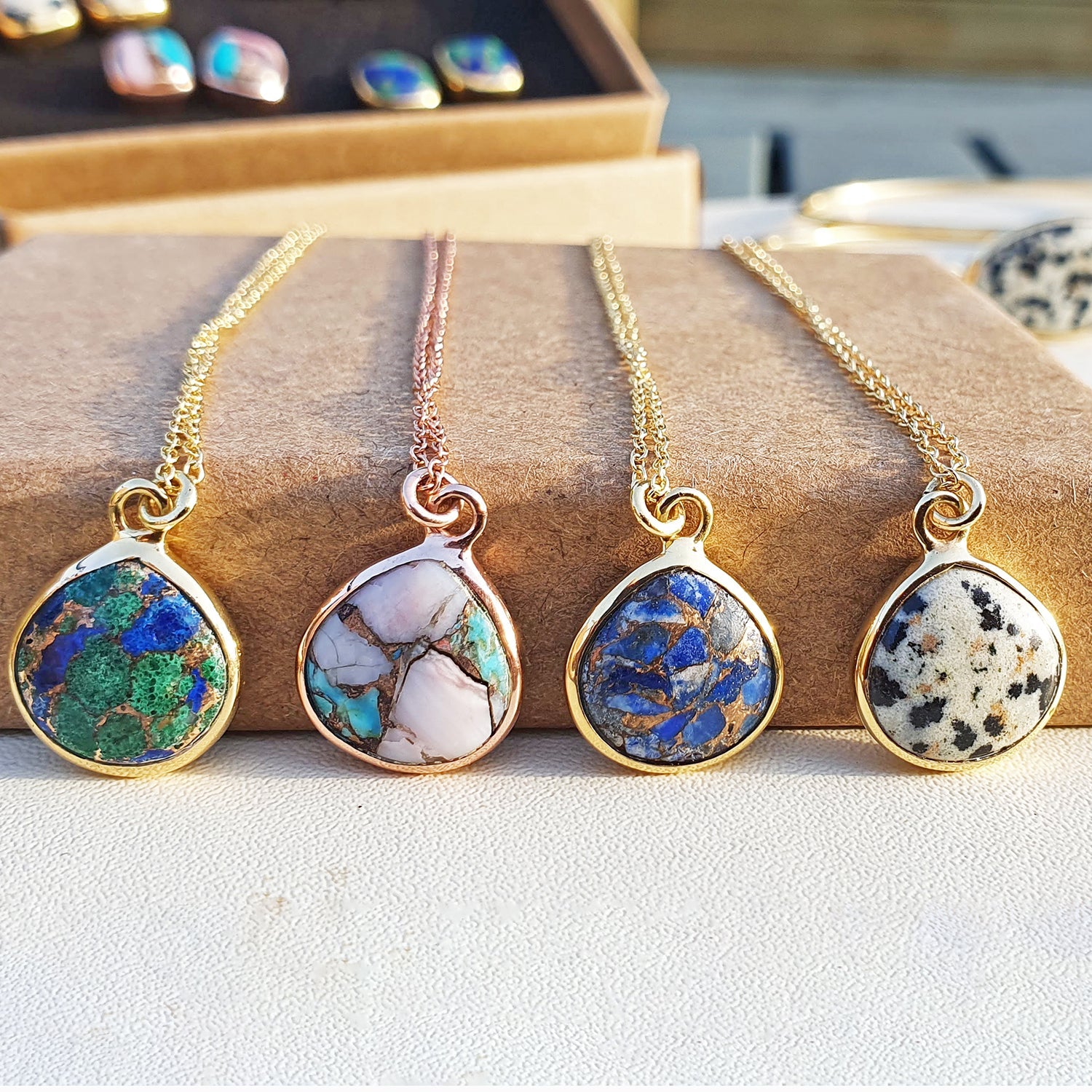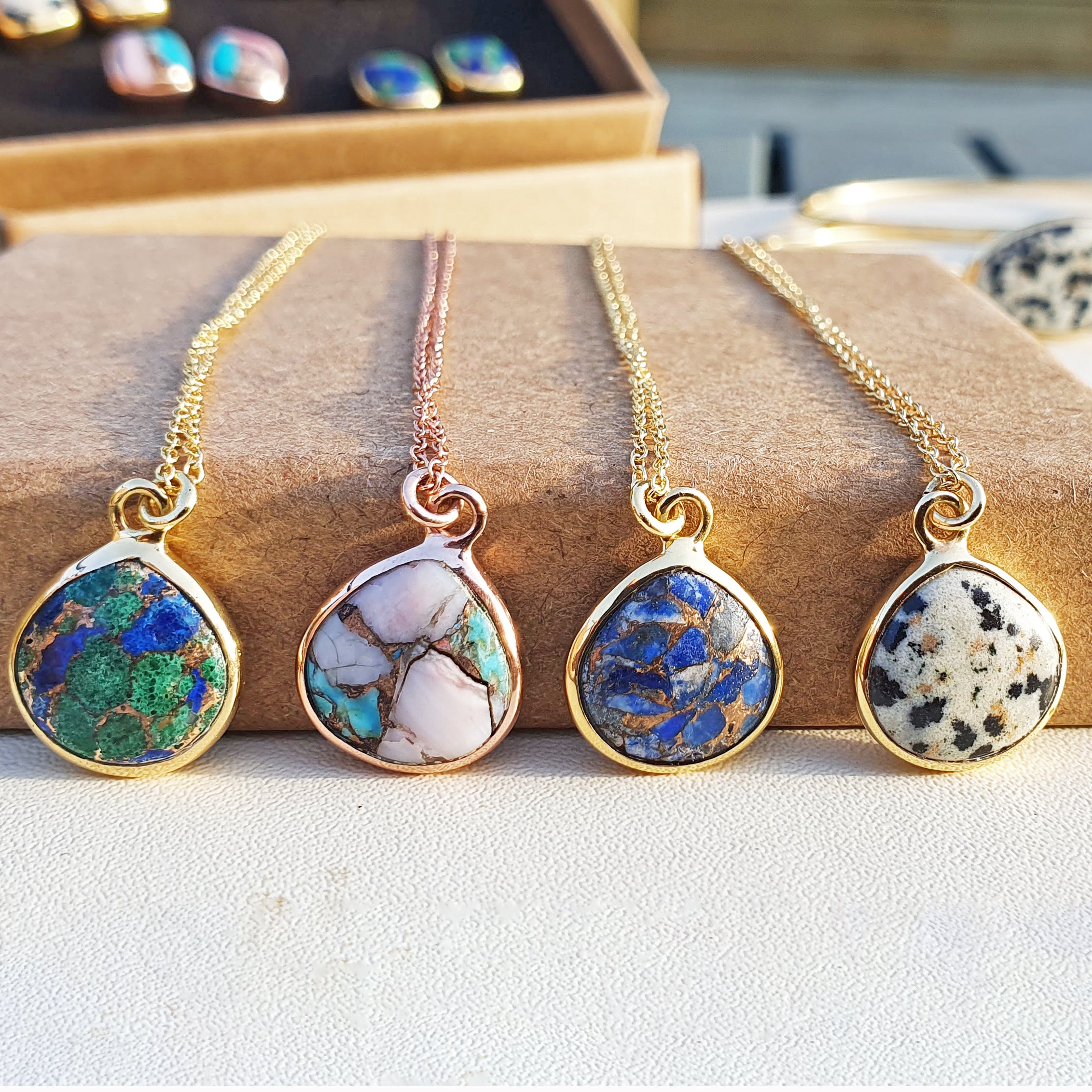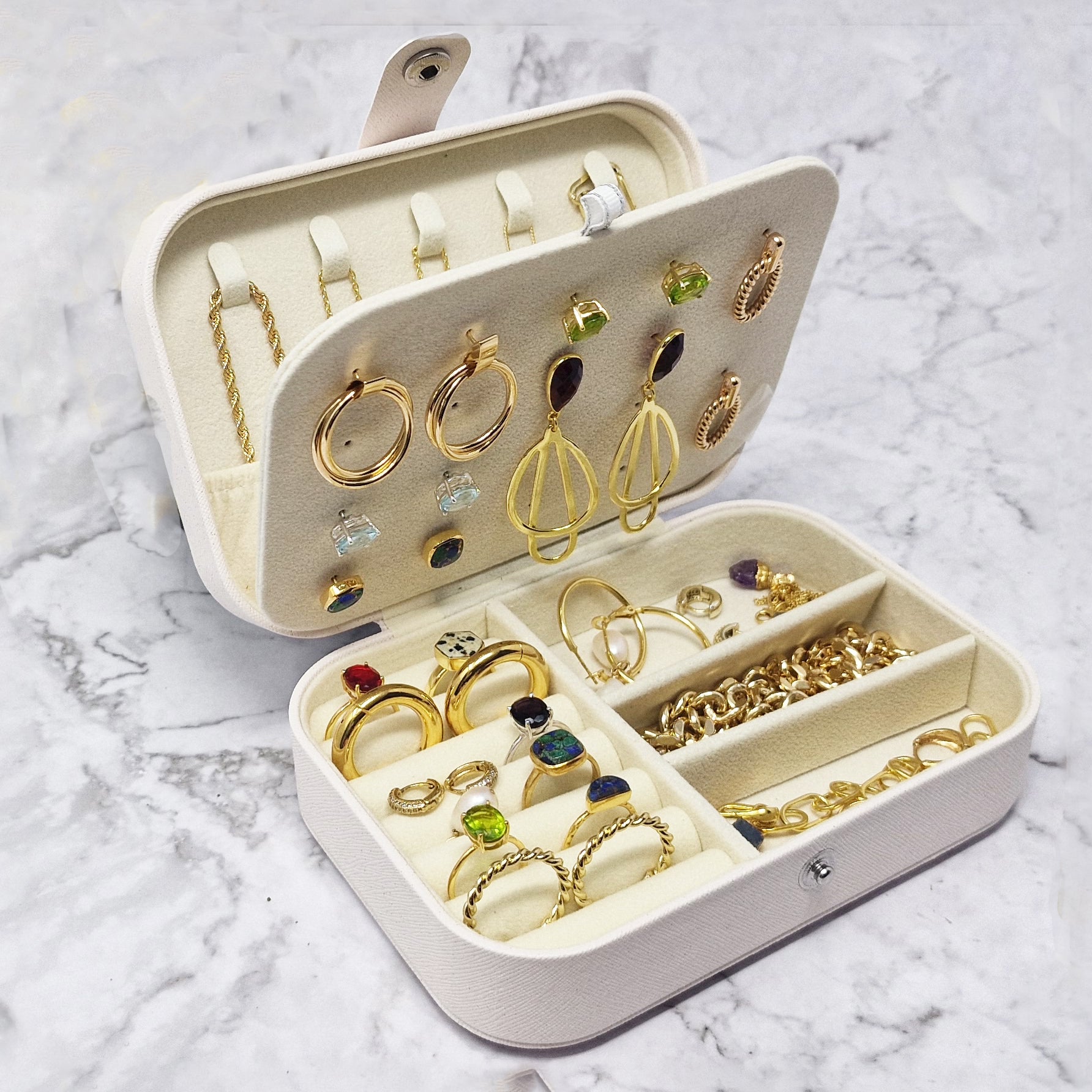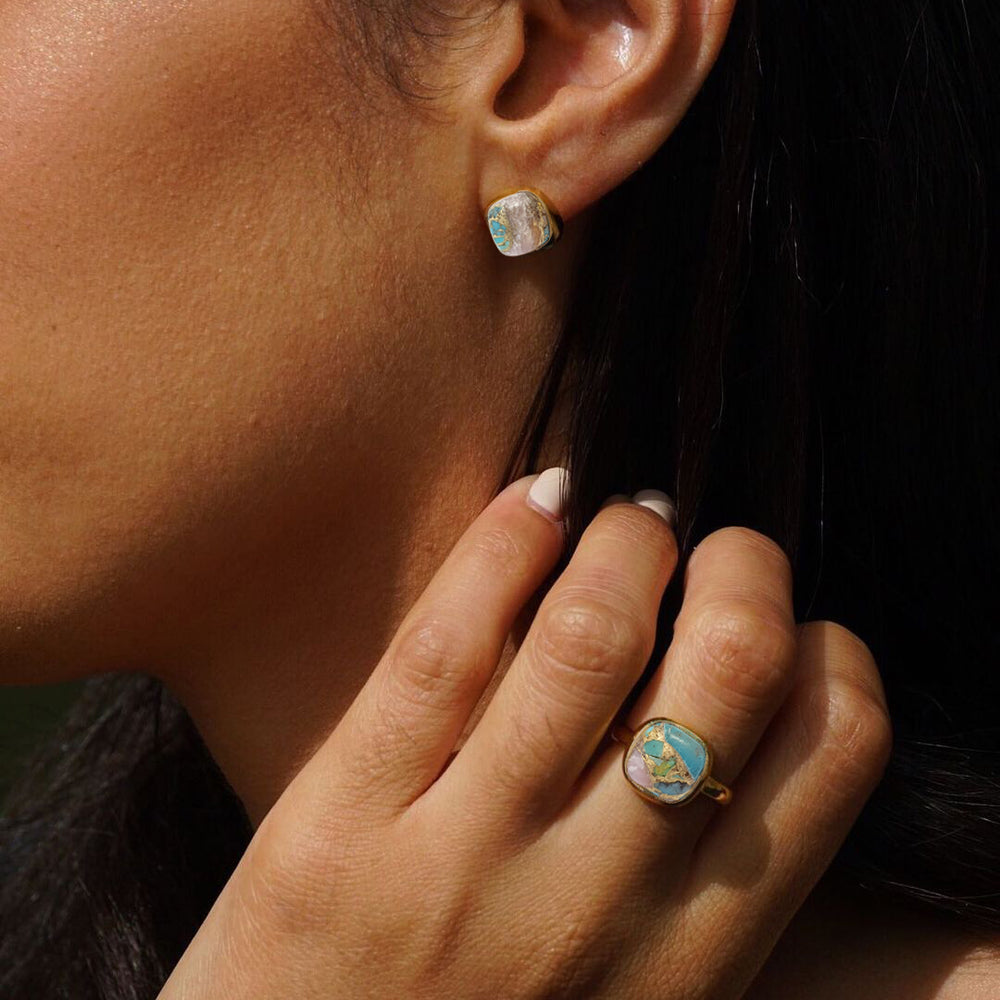Ethical Production

The benefits of ethical products
At Harfi we pride ourselves on stocking products that are not only unique and stylish but also, authentic and that are 100% ethically sourced and produced, from start to finish. We understand that sometimes, market conditions, geographic location and cultural roadblocks can all hinder a talented designer from selling their products. That’s why we help connect these skilled craftsmen and choose to participate and work alongside them in a co-operative partnership, whilst at the same time helping them expand the market for their products and boost their standard of living, creating fairer business and better profits.
What is an artisan co-operative?
They are a community of artisans, primarily women, who pool together to share all the administrative costs as well as all the profits. The workers run the businesses collaboratively, cumulatively deciding on what to make, how to make it and how much to sell it for. They can produce anything from leather goods and textiles to cosmetics, ethical jewellery and Berber rugs.
- Harfi goes directly to the source – to the people who make the products themselves. By removing the middleman, we are able to pass on the savings to the makers and also widen the market for their products. In places like Morocco, the middleman economy is a staple of the business culture and the profits they make cut directly into the pockets of the artisans.
- The makers are not commercial businessmen or salesman and they are often very shy, their English is very poor and they are not technologically savvy, making it very hard for them to promote their own products.
- Harfi chooses to partner with artisan cooperatives for a fairer solution to those artisans and to be able to stock high quality, authentic goods from traditional craftsmen at fair trading prices on all sides.
What are the benefits to the artisans in being part of the co-operative?
Prior to joining a co-operative, most of the members would have worked by themselves, producing their goods in their own home. They would then head to the markets to sell their goods to local businessmen; mostly middlemen who would simply buy and sell-on at a mark-up. Given that the price for the artisans work is often very low and their isolated location, this means there is little to no other direct market solution for their goods and many are unable to sustain a living. With very little education and high rates of illiteracy and innumeracy this would leave them with very little choice.
By joining a co-operative and removing the middleman, the artisans are able to regain independence and control over how operations are run. Their earning potential is vastly increased as they can set their own prices, reduce running costs and increase the market for their products. A manager is often appointed to make the business decisions to allow the artisans to do what they love and do best, creating beautiful handmade goods, such as artisanal jewellery and Hammam towels.
How can you tell the difference between an artisan co-operative and other organisations?
The word “co-operative” is a commonly used buzzword as many resellers use it to enhance their marketing efforts. In places such as Marrakech, the unwritten middleman economy is a staple of the business culture as there are commissions involved in almost every transaction. It is not bad practice per se but a social phenomenon that has developed naturally as locals seek to help each other out. It does, unfortunately, adversely impact the makers as every extra penny for the middlemen is a penny taken from their pockets.
As a newcomer it can be a difficult path to navigate. Generally, there are a few key indicators of a genuine co-operative: the prices are fixed, they are not overly salesy or pushy, they are happy to engage in conversation about how the products were produced and often there are one or two artisans actively working in the store itself. The only way to truly be sure that the cooperatives are authentic, however, is to ask them to show you the artisans at work which they are usually more than happy to do.
What does ethical product creation mean?
In all cases Harfi will source the products through artisan cooperatives and wherever possible Harfi will work directly with the makers themselves. All of our products are handmade using only natural and sustainable materials. Our founding values are “Beautiful. Ethical. Handmade” and so you won’t find mass produced items in any of our collections. We embrace traditional skills that have often been passed down through the generations that gives all of our products a unique character and identity. We celebrate the individuality of each product that is a reflection of the love and care that has gone into each product meaning that no two products are the same. Harfi works collaboratively with the artisans to bring you new designs that perfectly combine ancient weaving techniques, with contemporary patterns that will suit any interior.
Ethical Handmade Jewellery
All of Harfi's jewellery collection is lovingly handmade by our artisan partners in India. We work very closely with our team over there to ensure the goods are handcrafted under rigorous ethical and quality standards. During production times we are in touch with them daily to ensure every detail is looked after, from the intricacies of the design to the colour of the gold. It is a very collaborative process from start to finish, with many iterations to make sure we get the design process absolutely right.
